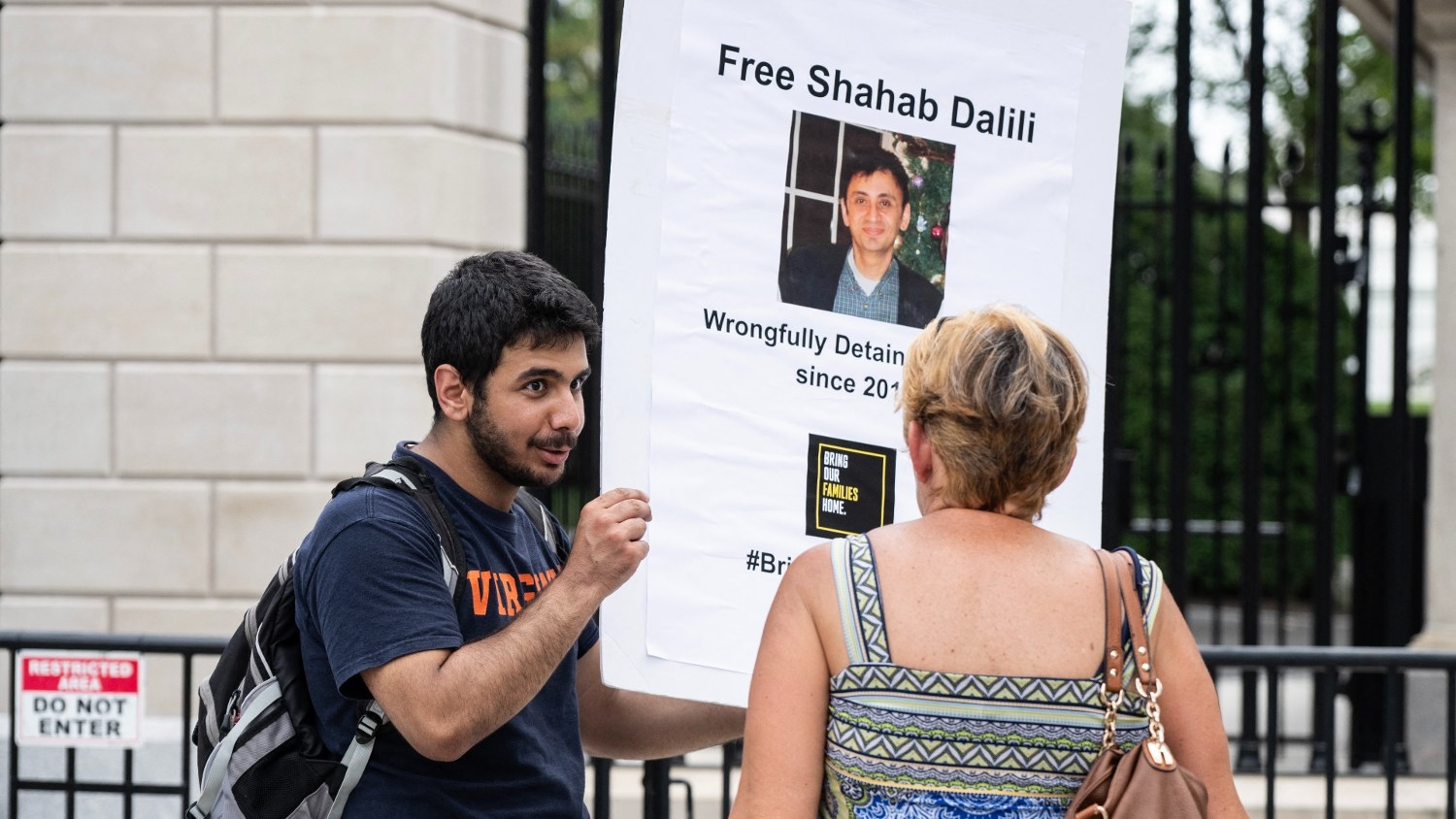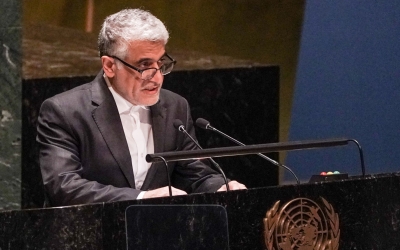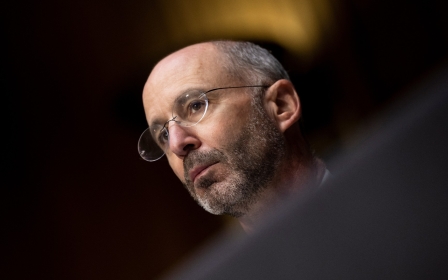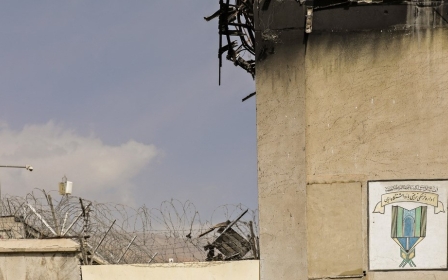US resident jailed in Iran begins hunger strike over exclusion from prisoner deal

A US permanent resident currently detained in Iran has started a hunger strike to protest against being left out of an agreement between Washington and Tehran in which the Islamic Republic would release five Americans jailed in the country.
"The deal is being done and he's not part of it. That was very heartbreaking," Shahab Dalili's son, Darian, said in an interview with Reuters.
Darian decided to begin a hunger strike to raise awareness about his father, Shahab, who also began a hunger strike after a phone call with his son.
"He feels betrayed. He is demoralised. He believes that the US would bring back anyone that they want to bring back," said Darian.
Shahab, 60, was detained in Tehran in April 2016 as he was visiting the country for his father's funeral. He was charged with aiding a foreign country and given a 10-year prison sentence.
New MEE newsletter: Jerusalem Dispatch
Sign up to get the latest insights and analysis on Israel-Palestine, alongside Turkey Unpacked and other MEE newsletters
Last week, the US and Iran reached an agreement to release several imprisoned Iranians and grant access to $6bn in frozen Iranian oil revenue in exchange for the release of five jailed Americans.
In June, Middle East Eye first reported that Washington and Tehran were progressing on nuclear talks and the two sides agreed to an interim deal where Iran would not enrich uranium to 60 percent and would cooperate with the International Atomic Energy Agency.
In exchange, Iran would be allowed to export up to a million barrels of oil per day and gain access to its income and other frozen funds abroad, under the condition that the funds be used exclusively to purchase essential items, including food and medication.
Sources later told MEE that the US insisted that any further progress on an agreement could not be made until a deal was reached regarding US-Iranian dual national prisoners.
During a State Department press briefing on Monday, deputy spokesperson Vedant Patel was asked by reporters why Shahab Dalili was not included in the prisoner exchange deal, to which Patel said that the US permanent resident had not yet been declared "wrongfully detained".
The State Department issues a "wrongfully detained" determination for cases in which Washington views an individual was detained on "discriminatory or arbitrary grounds". By making this determination, it kickstarts offices in the agency "to develop a strategy to secure their release".
Shahab's son, Darian, told Reuters that he spoke last week with Abram Paley, the acting special envoy for Iran, and asked him why the wrongful detention designation was not given to Shahab's case. Paley did not have an answer.
Paley has been serving as acting special envoy for Iran after Robert Malley was put on administrative leave in late June.
Middle East Eye reported last week that hardliners in Iran opposed to reviving the nuclear deal cooperated with individuals in the US in an effort to remove Malley in order to hamper progress on a potential nuclear agreement.
Middle East Eye delivers independent and unrivalled coverage and analysis of the Middle East, North Africa and beyond. To learn more about republishing this content and the associated fees, please fill out this form. More about MEE can be found here.





